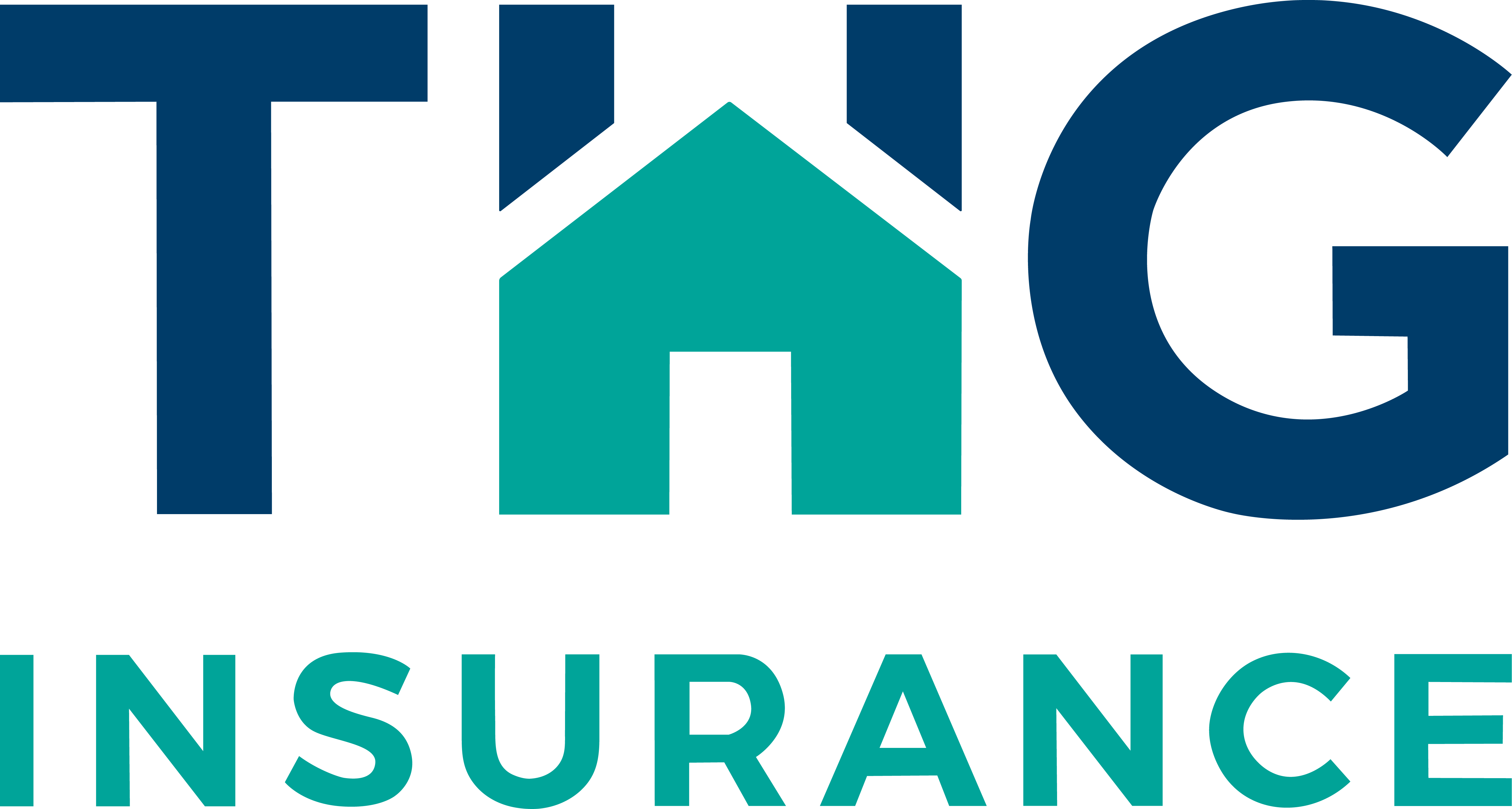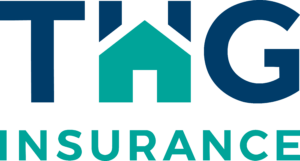Wind and hail insurance is sometimes separate in coastal North Carolina because these perils are excluded due to frequent hurricane and storm damage.
Key Takeaways:
- Wind and hail coverage is often separate in North Carolina. Because of frequent storms and hurricane risk, many homeowners need a separate windstorm or hail policy in addition to standard homeowners insurance.
- Your location directly affects your options and cost. Homes in coastal or high-risk areas (beach) may face higher deductibles, limited carriers, or the need to use the state wind pool to stay properly insured.
- The right guidance can prevent coverage gaps and meet mortgage requirements. A local agency like The Huneycutt Group can help you understand exclusions, deductibles, and policy requirements so you’re protected before the next storm, not after it.
If you’re new to coastal North Carolina, this question probably caught you off guard. In your state, your homeowners insurance likely wraps wind, hail, fire, theft, and more into one neat package.
Then you move here, start shopping for home insurance, and suddenly you’re hearing about a separate deductible and even a separate windstorm and hail policy. It can feel confusing.
It can also feel stressful if your previous home insurance company stopped writing policies in the state or pulled out of coastal markets altogether.
The team at The Huneycutt Group helps homeowners every day who are relocating, dealing with non-renewals, or trying to understand how wind and hail insurance in coastal North Carolina actually works.
Let’s walk through why this happens in NC, what it means for your property, and how to make sure you’re still properly covered.
The Short Answer: North Carolina Has A Higher Storm Risk
North Carolina sits in the path of tropical storms, hurricanes, and frequent severe weather events. Over time, these storms have caused significant wind and hail damage, especially to roofs, siding, and broken windows.
Because of that risk, many insurance companies treat wind and hail differently here than they do inland or in lower-risk states. Instead of including it automatically in homeowners insurance, they may:
- Exclude it entirely
- Offer it only through a separate wind or hail policy
- Apply a much higher deductible for storm-related claims
This isn’t random. It’s driven by several factors, including storm frequency, past losses, repair cost, and reinsurance pricing across the area.
What “Excluded Windstorm” Actually Means
When a policy says “Windstorm is Excluded”, it means your standard home insurance coverage will not cover damage caused by wind, wind driven rain, a named storm, or hail.
So if a hurricane tears shingles off your roof, or hail cracks siding and windows, that loss would not be paid under your “all other perils” homeowners insurance policy.
That’s where windstorm insurance or hail insurance comes in. These policies are designed to step in when wind or hail causes damage that your main policy excludes.
Why Some Homeowners Need Two Policies
If your house is in or near coastal areas (like, Wilmington), the situation can be restrictive. Some carriers won’t write wind coverage at all for coastal property. Many property owners in coastal North Carolina end up with:
- A standard homeowners insurance policy
- A separate policy for wind and hail coverage
Your main policy may still handle fire, theft, liability, and damage to personal belongings from non-storm events. The wind and hail policy focuses specifically on windstorm damage and hail damage.
Coastal Areas Face Even Tighter Rules
In some cases, on beaches or tidal water, homeowners may only have access to the North Carolina Insurance Underwriting Association, often referred to as the North Carolina wind pool. The wind pool was originally created as a last resort option but is now more common. It allows people to qualify for required coverage when private options aren’t available.
Your lender or mortgage company typically requires proof of an active primary coverage policy, including wind, before closing or renewing a loan.
What To Do If Your Wind Coverage Is Canceled
If your wind coverage is canceled, timing matters. This is not something to put off.
When a windstorm insurance or wind and hail policy is canceled, the insurance company is required by North Carolina law to send you a written notice in the mail. That letter will include the cancellation date. Once that date passes, your home is no longer protected for wind and hail damage.
Here’s why that’s a big deal.
If your mortgage company sees a lapse in required coverage, they can step in and add force-placed insurance. This coverage is expensive, often provides very limited protection, and usually only covers the lender’s interest in the property, not your personal belongings or liability. You still have to pay for it, and you don’t get a choice in the policy.
The best move is to get another wind and hail policy as soon as you receive the notice. Do not wait until the cancellation date. Getting a new policy in place quickly helps you avoid gaps, higher cost, and unnecessary stress.
If your current carrier is leaving the state, tightening guidelines, or no longer offering wind coverage in your area, options still exist. That could include a different admitted carrier, a separate policy, or in some cases the state wind pool.
The key takeaway: open the letter, note the date, and act right away. Replacing wind coverage promptly protects your home, keeps your lender satisfied, and prevents forced coverage that costs far more and covers far less.
How Deductibles Work With Wind And Hail
Wind and hail policies often come with a separate deductible, and it’s usually higher than the deductible on your standard home insurance.
Instead of a flat dollar amount, it’s commonly a percentage of your dwelling coverage. For example:
- 2% deductible on a $300,000 home = $6,000 out of pocket
That deductible applies per event, such as a hurricane or severe hail storm.
Understanding this ahead of time helps homeowners plan for potential repairs and avoid surprises during claims.
What Wind And Hail Insurance Typically Covers
A solid wind and hail policy may help pay for:
- Roof replacement or repair
- Siding damage from hail
- Broken windows caused by wind pressure or debris
- Damage to other structures like sheds or detached garages
- Interior damage caused by openings created by the storm
- Interior damage due to wind driven rain
Coverage may be based on replacement cost or actual cash value, depending on the policy terms. This detail matters a lot when filing claims after major storms.
What About Hail Specifically?
Hail is more common in North Carolina than many people expect, especially inland. Hail insurance and hail coverage focus on impact damage from ice, not wind force. Hail can shorten a roof’s lifespan, crack skylights and solar panels, and cause slow leaks to the roof that worsen over time. Without proper coverage, those repairs come straight out of pocket.
Most policies (with very few exceptions) bundle wind and hail together. A standalone hail policy isn’t usually offered in North Carolina.
Why Carriers Structure Coverage This Way
From the insurance company perspective, wind and hail losses in North Carolina are very expensive, unpredictable, and often tied to hurricanes or major weather systems. Insurance carriers in coastal North Carolina have reinsurance specifically for wind losses. If there are a lot of losses in a given year, reinsurers (like, Llyod’s of London) will likely raise their rates and that in turn will cause insurance carriers to raise their rates or not offer the coverage all together.
By separating coverage, insurers can:
- Control exposure
- Price risk more accurately
- Continue offering insurance products in high-risk regions
This approach helps keep the overall insurance system functioning, even if it feels fragmented to the homeowner.
Are Any Carriers in Coastal NC Offering Everything Under One Policy?
In coastal North Carolina, there are a few insurance companies that offer homeowners insurance with wind and hail included under one policy. The Huneycutt Group does partner with these carriers.
Choosing The Right Setup For Your Home
No two properties are exactly the same. Location, roof age, construction type, and claims history all determine what coverage makes sense.
A knowledgeable agent can assist you in reviewing:
- Whether wind or hail is excluded
- How deductibles compare
- If your personal property is protected
- What your lender requires
- How multiple policies work together
The goal isn’t just to purchase coverage. It’s to protect your home, your finances, and your peace of mind.
How To Get A Wind And Hail Insurance Quote
If you’re moving to NC, switching carriers, or dealing with a non-renewal, learning about wind and hail insurance in North Carolina is important. While it may feel frustrating at first, understanding why coverage is structured this way puts you back in control.
If you want help reviewing your current homeowners insurance, understanding your wind and hail options, or comparing policies side by side, The Huneycutt Group is here to help. Our team knows the North Carolina coastal market and can walk you through your choices in plain language so you can feel confident before the next storm hits.
Commonly Asked Questions About Separate Wind And Hail Insurance
Is wind and hail automatically included in homeowners insurance in North Carolina?
Not always. In North Carolina, many homeowners insurance policies exclude wind and hail, especially in higher-risk or coastal areas. That means wind and hail damage from a hurricane, named storm, or severe weather may require a separate policy. Always review your policy carefully or have an agent confirm whether wind and hail are included or excluded.
Do I need wind and hail insurance if I don’t live on the coast?
Yes. While coastal areas face the highest risk, inland homes can still experience significant hail, strong wind, and severe storm events. Some inland policies include wind and hail, while others limit or exclude it. Location, roof type, and the insurance company all play a role in determining what coverage is required.
What happens if I don’t carry wind coverage but have a mortgage?
If you have a mortgage, your lender requires continuous coverage. If wind coverage is canceled or missing, the lender may add force-placed insurance. This coverage is expensive, offers limited protection, and usually does not cover personal property. Securing your own wind and hail policy quickly is a better and more affordable option.
Why is the wind and hail deductible so much higher?
Wind and hail policies often use a percentage-based deductible instead of a flat dollar amount. This is because losses tied to hurricanes and major storms can be widespread and costly. A higher separate deductible helps insurers manage risk while continuing to offer coverage in NC. Understanding that deductible ahead of time is critical so you’re prepared if a claim occurs.
What kind of damage does wind and hail insurance cover?
A typical windstorm and hail insurance policy may cover damage to your roof, siding, broken windows, and interior damage caused by openings from wind or hail. It can also apply to other structures on your property.






